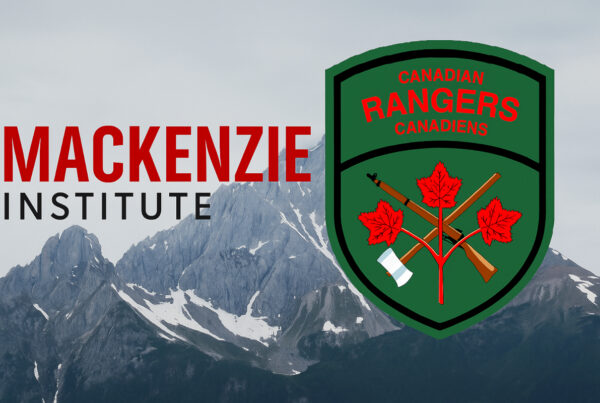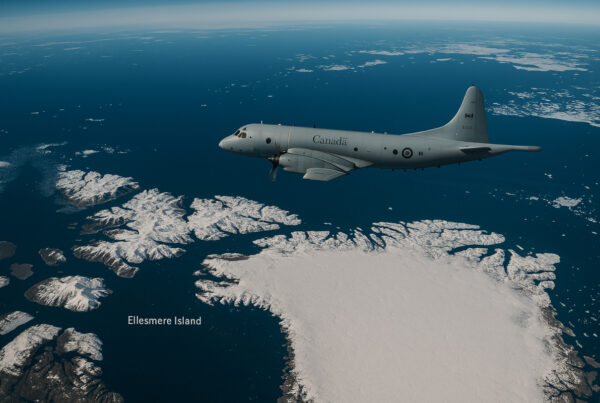By Aleksi Korpela
(Originally published March 11, 2016 at NATOassociation.ca Re-printed with permission)
The purpose of defence procurement is to supply the Canadian Armed Forces with the requisite capabilities to fulfill its mandate to ensure Canada’s territorial integrity and support global partners. Problems in this process do not only compromise capabilities, but also generate unnecessary costs, delays, and political tensions.
Many procurement projects have been delayed. Delays increase project costs because the duration of development and manufacturing are lengthened, and existing platforms need to undergo life-extension programs in order to remain operable. The longer vessels and aircraft remain in use, the more hazardous these become, as demonstrated by the troublesome CH-124 Sea Kings.
Delays also cause discrepancies in the defence budget. When allocated funding is unspent, these are not reallocated to the budget the following year, which means there is not enough defence expenditure to account for existing procurement projects. Furthermore, the devaluation of the Canadian dollar and the low price of oil will add to budgetary constraints and increase program costs of foreign contracts.
The politicization of acquisition projects has also caused problems in several key projects, including the CF-18 replacement program, CH-148 procurement, and the National Shipbuilding Procurement Strategy. Existing contracts are subjected to review and renegotiation, which inevitably increases costs and strains operational capacities. For the most part, political scrutiny arises from legitimate concerns. Transparency, mismanagement, and budgetary incongruence are all real shortcomings, but causing delays and contention are not appropriate remedies. Critique should be based on concerns for operational requirements and cost – not misinformation and popular opinion.
Excessive bureaucratic management has also troubled procurement efforts in the past. The joint management of projects by the Department of National Defence and Public Works (now Public Services and Procurement) has caused friction and delays. While the creation of the ad hoc cabinet committee on defence procurement in February 2016 is a step toward more efficient decision-making, procedural transparency may become an issue as decisions are made regarding major projects.
Regardless of existing problems, Canadian defence procurement has the potential to be an efficient process. Complications are recurrent, but not systemic. With a more efficient bureaucratic and decision-making structure, less politicization, increased budgetary allocations, and the proper management of Canadian defence industry, Canada’s defence procurement can become a more affordable and timely process.
Photo courtesy of Janice Lang (Defence Research and Development Canada).
Canada’s Defence Perspectives 2020-2050: Recapitalization and the Canadian Forces is an event hosted in partnership with the Mackenzie Institute, and with support from the Department of National Defence. The conference will look to engage security and defence academics, military representatives and professional in various panels discussing Canadian defence perspectives. These articles have been composed to highlight some of the important talking points that will be uncovered throughout the conference, and give further insight into the important work being done to continue discussion relating to Canadian security and defence.
This article relates to the panel that will take place on day 2 of the conference and features:
- Ms. Christyn Cianfarani, President, Canadian Association of Defence and Security Industries
- Col. (Ret’d) Charles “Chuck” Davies, Research Fellow, CDA Institute (Moderator)
- Mr. Patrick Finn, Assistant Deputy Minister (Materiel), Department of National Defence
- Dr. Craig Stone, Associate Professor, Canadian Forces College
If this topic interests you, please attend our conference from March 29-30th, 2016 at the Fairmont Château Laurier in Ottawa. For further information and registration please click here.
———————
Aleksi Korpela is the Program Editor for Procurement at the NATO Association of Canada. Aleksi recently completed his studies for a MA in Philosophy and International Relations from the University of Aberdeen in Scotland. He was previously a research management intern at the Hudson Institute in Washington, D.C. where he worked on global military developments and chemical weapons policy. He has also attended the NATO School in Oberammergau, Germany








